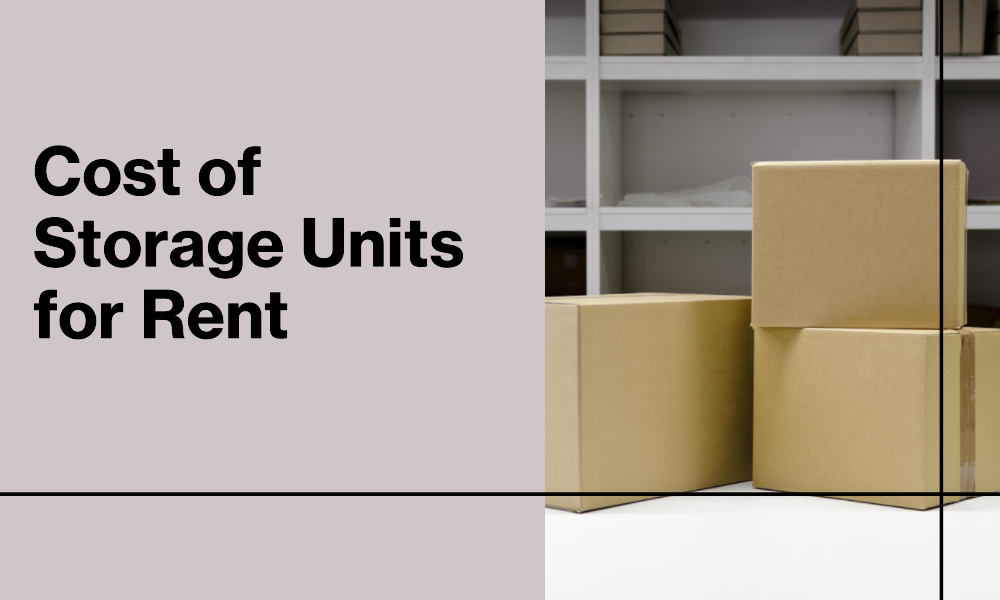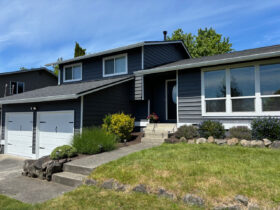In recent years, renting storage units has become a go-to solution for individuals and businesses alike looking to declutter, downsize, or temporarily store items. But with such a rise in demand, how much does it cost to rent one of these spaces? Let’s dive into the factors that influence the price of storage units and what you need to know before renting one.
Size Matters
Small Units
Often ranging from 5×5 to 5×10 feet, these units are suitable for storing personal items, boxes, and small furniture. They’re analogous to a large closet and are typically the most economical option.
Medium Units
Sized between 10×10 to 10×15 feet, medium units can accommodate the contents of a one-bedroom apartment. They’re perfect for larger items like sofas, dining sets, and beds.
Large Units
Anything above 10×20 feet falls into this category. These units can hold items from larger homes or be used for commercial storage.
Location, Location, Location
Just like real estate, the price of storage units can vary significantly based on its location. Units in urban areas or near city centers tend to be pricier than those in suburban or rural zones due to higher property costs and demand.
Climate-Controlled Units
If you’re storing items sensitive to temperature or humidity, like antiques, artworks, or electronics, a climate-controlled unit is a must. These units, though, come at a premium due to the additional amenities and energy costs involved.
Security Features
Modern storage facilities often come equipped with advanced security features like 24/7 surveillance, coded access, and individual unit alarms. While these add a layer of protection for your belongings, they can also add to the rental cost.
Duration of Rental
Many storage facilities offer discounts for long-term commitments. If you know you’ll need the unit for an extended period, it might be worth negotiating a reduced monthly rate.
Insurance Costs
While not directly a rental fee, many facilities require renters to have insurance for their stored items. This can be through homeowner’s or renter’s insurance or a policy provided by the storage facility itself.
Additional Fees
Some facilities might charge set-up fees, maintenance fees, or have specific requirements for locks. It’s essential to read the rental agreement carefully and be aware of any additional costs.
Conclusion
Renting a storage unit can provide invaluable space for belongings that don’t currently fit in your home or office. While the cost can vary depending on numerous factors, being informed about what influences prices will ensure you find a storage solution that fits both your needs and your budget. Before signing a contract, always compare multiple options and read reviews to ensure you’re getting the best value for your money.





